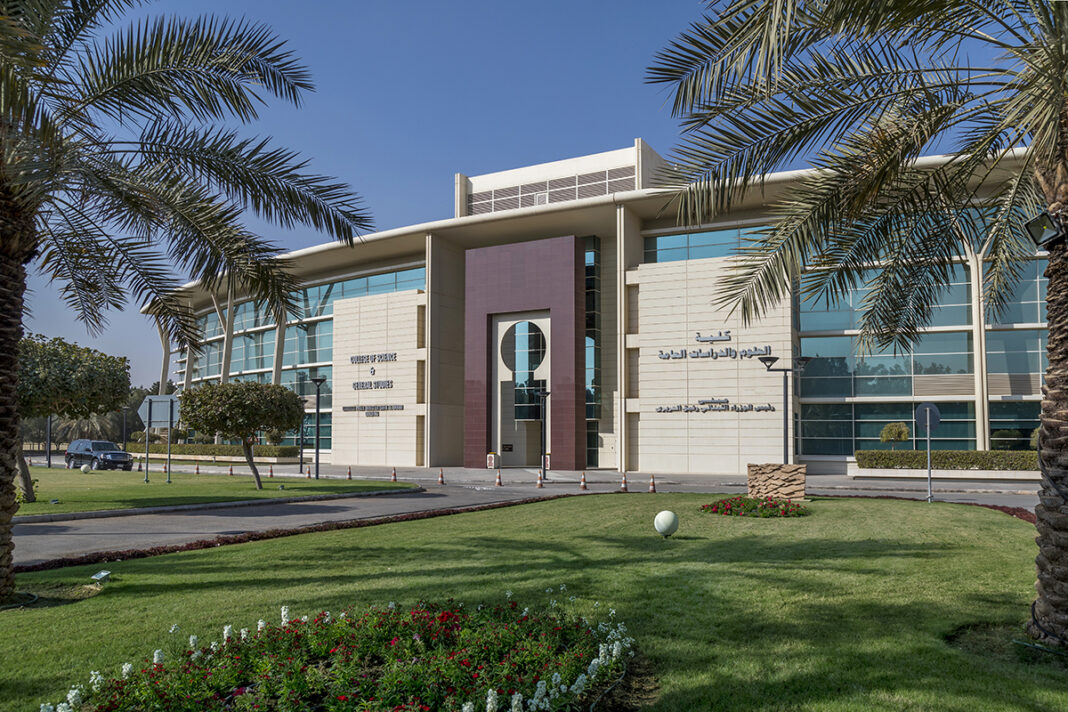Introduction: The Essence of Cultural Competence in Medicine
In the rapidly evolving landscape of global healthcare, cultural competence has emerged as a crucial skill for medical professionals. Understanding and respecting the diverse cultural backgrounds of patients is fundamental to providing effective and empathetic care.
For medical students in Saudi Arabia, mastering cultural competence is not just beneficial—it’s essential. At Alfaisal University, we are dedicated to equipping our students with the skills and knowledge necessary to excel in this vital area.
What is Cultural Competence?
Cultural competence refers to the ability of healthcare providers to understand, communicate and effectively interact with patients from diverse cultures.
It involves recognizing cultural differences, respecting those differences, and adapting care practices to meet the cultural needs of patients. In a multicultural world, cultural competence is key to reducing health disparities and improving patient outcomes.
Relevance in Saudi Arabia
Saudi Arabia, with its rich cultural heritage and growing international population, presents a unique environment for medical practice.
Medical professionals must be adept at navigating the cultural nuances of their patients, whether they are local residents or international visitors. This ability to provide culturally sensitive care is crucial in building trust and ensuring the best possible health outcomes.
The Role of Cultural Competence in Medical Education
Comprehensive Curriculum
At Alfaisal University, cultural competence is integrated into the medical curriculum, ensuring that students receive a holistic education. Courses in medical ethics, communication skills, and patient care are designed to foster an understanding of diverse cultural perspectives.
This comprehensive approach prepares students to handle a wide range of cultural scenarios they may encounter in their medical careers.
Practical Training and Exposure
Beyond theoretical knowledge, practical training is essential for developing cultural competence. Alfaisal University provides students with numerous opportunities for hands-on experience through clinical rotations and community outreach programs.
These experiences allow students to interact with patients from various cultural backgrounds, applying their knowledge in real-world settings and refining their skills.
Key Components of Cultural Competence
Self-Awareness and Reflection
A critical aspect of cultural competence is self-awareness. Medical students are encouraged to reflect on their own cultural biases and how these may affect their interactions with patients.
By understanding their own perspectives and prejudices, students can develop greater empathy and avoid potential misunderstandings.
Communication Skills
Effective communication is at the heart of cultural competence. Students at Alfaisal University are trained in various communication strategies, including active listening, non-verbal communication, and language skills.
These tools are essential for building rapport with patients and ensuring that their cultural and medical needs are understood and addressed.
Knowledge of Cultural Differences
An in-depth understanding of cultural differences is crucial for providing culturally sensitive care. The curriculum at Alfaisal University includes studies on cultural beliefs, practices, and health-related behaviors.
This knowledge helps students appreciate the diverse ways in which patients perceive health and illness, allowing for more personalized and effective care plans.
How Alfaisal University Prepares Students for Culturally Competent Care
Dedicated Programs and Courses
Alfaisal University offers specialized courses and programs focused on cultural competence. The Department of Pathology, for example, integrates cultural competence into its teachings, emphasizing the importance of understanding cultural influences on disease and health behaviors.
Interdisciplinary Learning
Cultural competence is not limited to one aspect of medicine; it spans across various disciplines.
At Alfaisal University, interdisciplinary learning is encouraged, with departments such as Pharmacology and Microbiology and Immunology incorporating cultural perspectives into their curricula. This approach ensures that students develop a well-rounded understanding of how culture affects all areas of healthcare.
Community Engagement
Engaging with the community is a key part of developing cultural competence. Alfaisal University organizes community service projects and health fairs where students can interact with diverse populations.
These activities provide valuable insights into the cultural dynamics of the communities they will serve, fostering a deeper connection and understanding.
The Impact of Cultural Competence on Patient Care
Improved Patient Outcomes
Culturally competent care leads to better patient outcomes. When patients feel understood and respected, they are more likely to adhere to treatment plans and engage in open communication with their healthcare providers.
This trust is essential for accurate diagnosis, effective treatment, and overall patient satisfaction.
Reduction of Health Disparities
Health disparities often arise from cultural misunderstandings and biases. By promoting cultural competence, medical professionals can help bridge these gaps, ensuring that all patients receive equitable and quality care.
This is particularly important in a diverse country like Saudi Arabia, where addressing health disparities is a critical component of public health.
Enhanced Professional Relationships
Cultural competence also enhances professional relationships within the healthcare team. Understanding and respecting the cultural backgrounds of colleagues fosters a collaborative and supportive work environment. This teamwork is essential for delivering comprehensive and patient-centered care.
Conclusion: Embrace Cultural Competence at Alfaisal University
In today’s interconnected world, cultural competence is an indispensable skill for medical professionals. For students aspiring to become doctors in Saudi Arabia, mastering this skill is crucial for providing high-quality, empathetic care to a diverse patient population.
Alfaisal University stands out as the premier institution for developing cultural competence, offering a comprehensive education that prepares students for the complexities of modern healthcare.
By choosing Alfaisal University, students can be confident that they are receiving the best training in cultural competence, ensuring they are well-equipped to make a meaningful impact in their medical careers.
Explore the programs at Alfaisal University and take the first step towards becoming a culturally competent and compassionate healthcare professional.
Next Steps
Ready to enhance your cultural competence and excel in your medical career? Discover the exceptional programs at Alfaisal University and begin your journey towards becoming a culturally adept and skilled doctor today.














